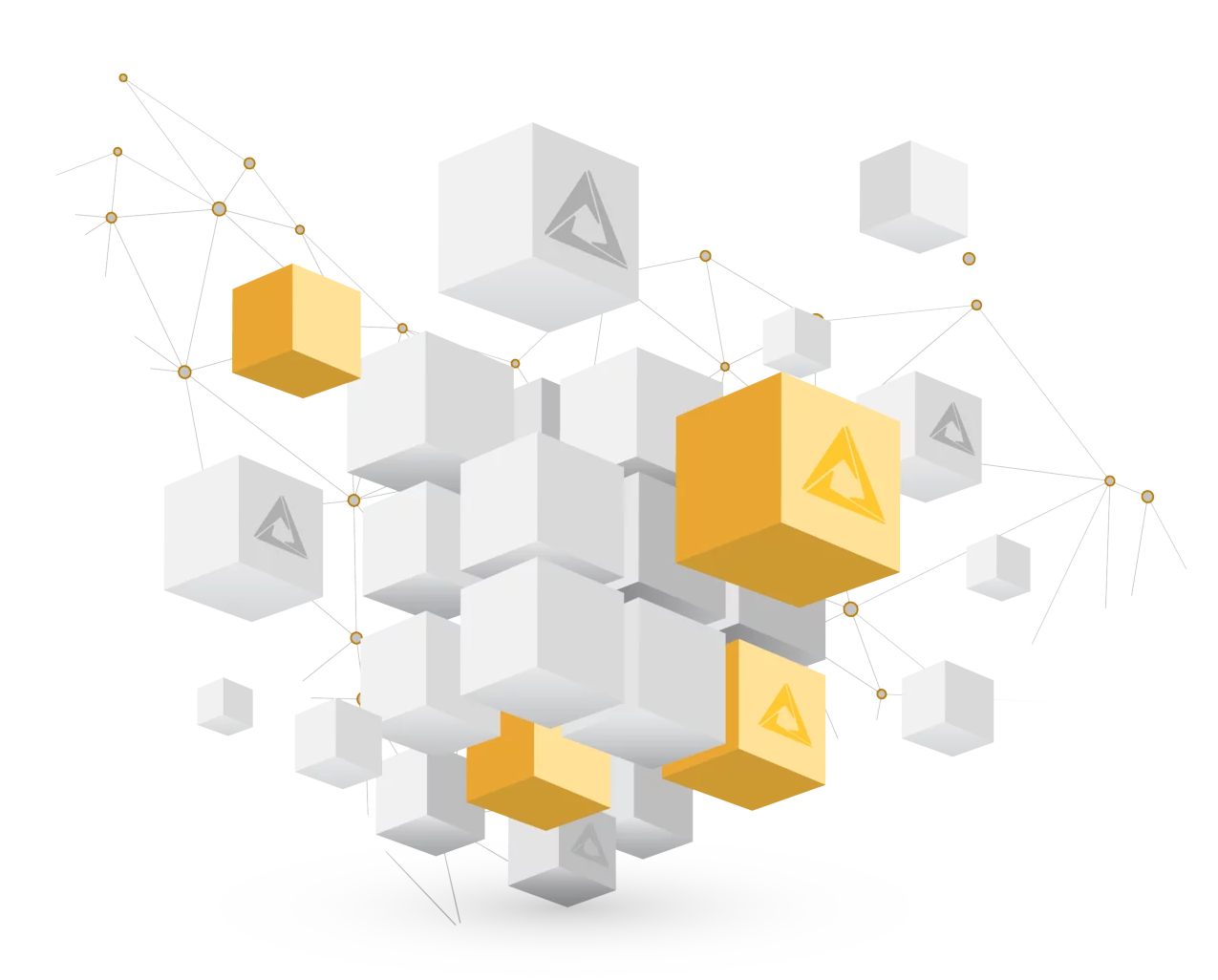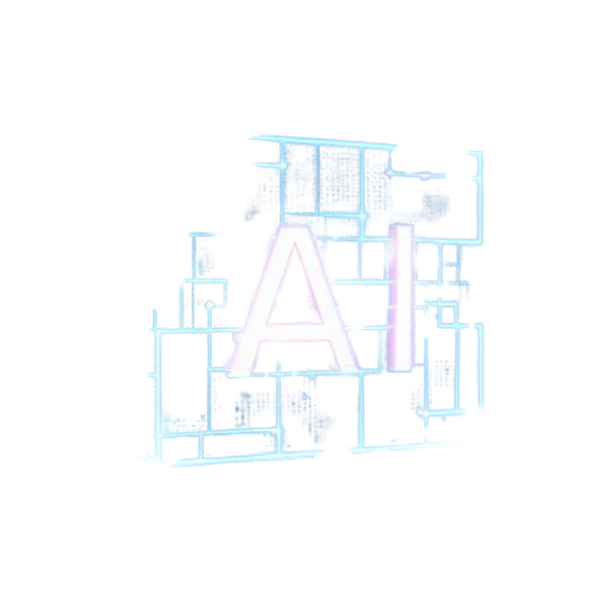Uncover hidden vulnerabilities, optimize gas usage, and launch with confidence. Our AI-enhanced platform delivers thorough smart contract audits across all EVM-compatible blockchains.


AI-backed algorithms ensure dynamic, transparent issuance and burning of stablecoins, maintaining pegged value with high accuracy. Smart contract audits validate the stability mechanisms and transparency of these protocols.

On-chain AI can determine personalized interest rates, risk profiles, and lending conditions in DeFi apps. Our audits ensure these

AI enhances underwriting logic and fraud detection in decentralized insurance protocols. Our audit platform checks for security loopholes, improper logic, and ensures that on-chain AI executes transparently and reliably.

AI-enhanced games bring dynamic behavior and personalization to Web3 environments. Our platform helps ensure smart contracts powering these AI functions are optimized, secure, and resistant to in-game exploits.
Zyber 365 Group is pioneering a secure and intelligent Web3 ecosystem. Through our smart contract audit platform, we empower builders to launch dApps and protocols that are secure, scalable, and AI-ready—backed by deep analysis and market-aware audits.

We harness the potential of blockchain and AI to build security-first tools for Web3. Our audit platform plays a critical role in creating a trustworthy decentralized environment by verifying every line of smart contract code.

Our platform complements the vision of a secure decentralized OS by ensuring that smart contracts integrated into such systems are audited with both static code analysis and AI-driven insights. It’s not just about writing secure code—it’s about sustaining secure systems.

Explore the tools and technologies powering secure smart contracts in the Zyber 365 Group ecosystem. From AI-powered audits to blockchain vulnerability detection, our platform is built to help developers launch safe, reliable, and efficient decentralized applications.

Our platform harnesses the combined power of AI and advanced auditing technology to secure smart contracts across all EVM-compatible blockchains. Designed for builders in DeFi, gaming, NFTs, and beyond, our system ensures airtight security and code integrity before deployment. With decentralization and transparency at its core, our audit process protects against vulnerabilities, logic flaws, and potential exploits. Using a dual-layer approach—standard static analysis and AI-driven code interpretation—we deliver comprehensive audit reports enriched with natural language insights and optimization suggestions. Whether you're a protocol developer or enterprise launching a dApp, our platform ensures your contracts are verified, optimized, and secure—ready to power the next wave of trust in Web3.
We’re building a secure AI + blockchain environment where developers can confidently deploy smart contracts. Our audit platform enables on-chain AI execution to be thoroughly tested and verified, helping ensure AI models integrated into smart contracts are not only functional—but also secure and optimized.
By fostering an ecosystem that supports AI-enhanced smart contracts, we empower dApp developers to build intelligent, autonomous applications while giving them access to programmatic and AI-driven audits. This competitive, open model drives innovation in AI models and blockchain protocols alike.
Deploying AI in smart contracts is no longer theoretical—it’s happening now. Our platform makes sure it’s done securely, reliably, and transparently.


Research Focus:
Web3 security platform , Develop tools and techniques for identifying common smart
contract vulnerabilities (e.g., reentrancy attacks, integer overflows, underflows,
front-running, etc.).
Use formal verification methods to mathematically prove the correctness and security of smart
contracts.
Develop machine learning models that can automatically detect vulnerabilities based on
historical data from known exploits.
This platform provides automated smart contract security analysis, and research could focus on
improving its detection algorithms or extending its coverage to newer vulnerabilities.

Research Focused on Al-powered data labeling, analytics, and automation solutions for businesses in industries like robotics, autonomous vehicles, and machine learning.